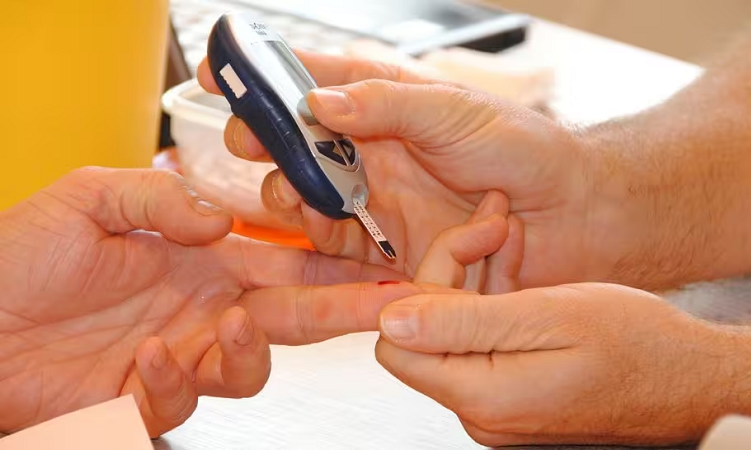
High blood sugar, or hyperglycemia, is a common health concern that affects millions of people worldwide. It is a condition in which the blood glucose levels are elevated beyond the normal range, primarily associated with diabetes but can also occur for various other reasons. Maintaining healthy blood sugar levels is crucial for overall well-being, as persistent high blood sugar can lead to a range of serious health problems, including heart disease, kidney issues, and nerve damage. Being aware of the warning signs of high blood sugar is vital in order to take timely action and manage this condition effectively. In this article, we'll explore five key warning signs to watch for.
Excessive Thirst and Frequent Urination
One of the most common signs of high blood sugar is excessive thirst, also known as polydipsia. When your blood sugar levels are elevated, your body tries to dilute the excess glucose in your bloodstream by pulling water from your cells. This results in an increased need for fluids, leading to constant thirst. Excessive urination, or polyuria, accompanies this symptom. You may find yourself needing to urinate more frequently, even waking up during the night to use the bathroom. Pay attention to these signs, as they can be indicative of high blood sugar.
Unexplained Weight Loss
Sudden and unexplained weight loss, despite maintaining a regular diet, can be a warning sign of high blood sugar. When your body is unable to use glucose effectively for energy due to insulin resistance or insufficient insulin production, it starts breaking down fat and muscle tissues for fuel. This can lead to a noticeable decrease in body weight. If you are losing weight without trying, it's essential to consult a healthcare professional to determine the underlying cause, which might be high blood sugar.
Fatigue and Weakness
Feeling unusually tired or weak, even after a full night's sleep, is another sign of high blood sugar. When your cells don't receive enough glucose, you lack the energy needed for daily activities. This fatigue can be persistent and debilitating, affecting your physical and mental well-being. If you find that your energy levels are consistently low, it's crucial to get your blood sugar levels checked.
Blurred Vision
High blood sugar can affect your eyesight and cause blurred vision. Elevated glucose levels can lead to changes in the shape of the eye lens, resulting in difficulties focusing and seeing clearly. This symptom is usually temporary and can improve with proper blood sugar management. However, neglecting it can lead to more severe eye complications, including diabetic retinopathy. If you experience persistent blurred vision, consult an eye specialist and check your blood sugar levels.
Slow Wound Healing
Another sign of high blood sugar is delayed wound healing. Elevated glucose levels can damage blood vessels and reduce blood circulation, making it harder for your body to repair injuries and wounds. This can lead to cuts, sores, or infections taking longer to heal than usual. If you notice that your wounds are not healing as quickly as they should, it's essential to discuss this with a healthcare provider, as it can be a sign of underlying blood sugar issues.
High blood sugar is a condition that requires proper management to prevent complications and maintain overall health. Recognizing the warning signs of high blood sugar is crucial, as early intervention can help you maintain healthy glucose levels. If you experience any of the symptoms discussed in this article, it is vital to consult a healthcare professional for a thorough evaluation and guidance on managing your blood sugar effectively. Lifestyle modifications, including a balanced diet, regular exercise, and medication if necessary, can help you keep your blood sugar levels within the healthy range and reduce the risk of long-term complications.